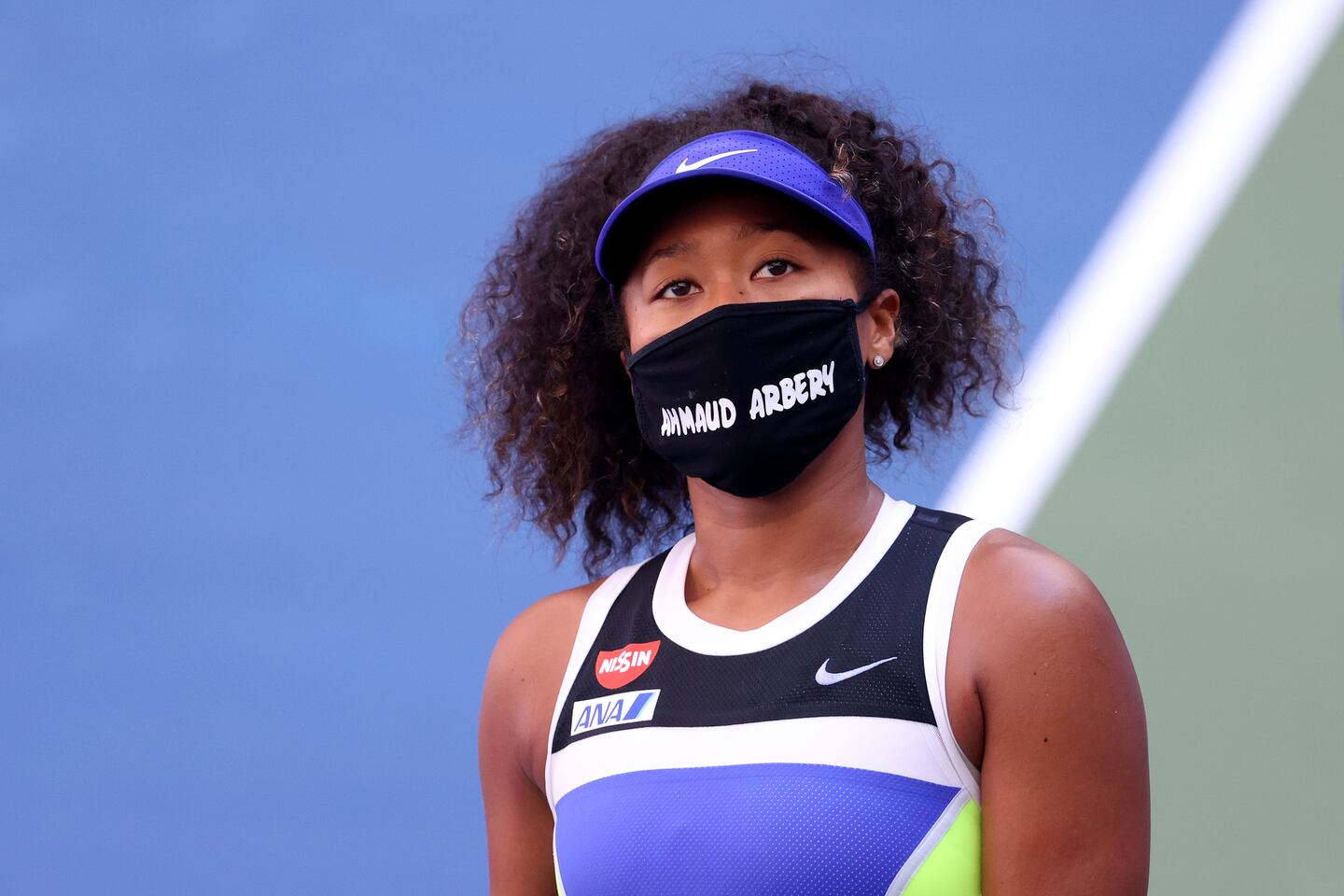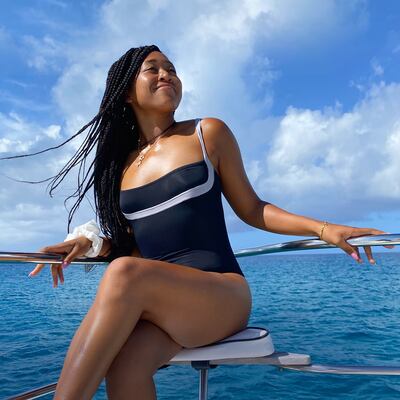
The Business of Fashion
Agenda-setting intelligence, analysis and advice for the global fashion community.

Agenda-setting intelligence, analysis and advice for the global fashion community.

Growing up, tennis champion Naomi Osaka didn’t think she needed to wear sunblock, even while spending hours on sun-drenched courts.
Now, Osaka, who is of Japanese and Haitian descent, is launching Kinló, a line of sun and skin care specifically formulated to meet the needs of darker-skinned people, who have been underserved by the broader market. (“Kin” means “gold” in Japanese, “ló” means “gold” in Haitian Creole.)
Osaka was raised in the United States, where about 33 percent of Black Americans die from melanoma, the deadliest form of skin cancer, within five years of diagnosis, according to the National Cancer Institute, compared to 8 percent of non-hispanic white Americans. The reason for the gap is complicated and not entirely understood: there are few studies on how people with darker skin react to the sun.
“What drew me towards this project is having memories of being a kid and not knowing how to protect my skin,” Osaka told BoF. “I only started wearing sunscreen recently.”
ADVERTISEMENT
The first range, priced under $20 per item, includes an SPF 40 tinted face lotion that also protects against blue light, an SPF 50 tinted face lotion formulated specifically for activity, restorative body spray, recovery lip balm and recovery eye cream. Each product is formulated to address the needs of people with more melanin in their skin, something that many product lines simply ignore. For instance, the tinted formula promises to blend without residue.

The collection, set to launch in the autumn of 2021, will be sold direct-to-consumer via Kinló's own website as well as through a yet-to-be announced third-party retailer, and will be touted in GoDaddy commercials in a national campaign. (The web hosting company provided all resources for Kinló's e-commerce development.)
Osaka’s partner in the venture is A-Frame Brands, a Los Angeles-based platform led by longtime fashion executive and investor Ari Bloom. She is chief executive; Bloom is chairman. (He is the only white and male-identifying executive on an operating team of 11.)
At A-Frame, Bloom is working with partner Hill Harper, an actor and entrepreneur, to launch a portfolio of personal care and hygiene brands targeted toward underserved communities, typically supported by a famous talent. The group plans to announce another line — for babies of colour — with a celebrity partner soon. (John Howard and Moise Emquies, backers of Kardashian-fuelled brands including Skims and Good American, are on the A-Frame board). The terms of the partnership with Osaka were not disclosed.
Brands have long hired stars like Osaka to front their advertising campaigns. And the tennis champion has struck several of these traditional endorsement deals, including with luxury labels Louis Vuitton and Tag Heuer, as well as with Nike. But in recent years, more athletes and other celebrities have become entrepreneurs, taking an active role in the fashion and beauty brands they back in order to further diversify their opportunities to make money.
“For me, this project is something that requires more than just being a spokesperson,” she said. “This is a public health need. I used to tell people that I didn’t need to wear sunscreen — but even if you have melanin, you need to take care of your skin, and I am passionate about that.”
A-Frame raises money for each of its brand’s individually. Investors in Kinló include Osaka’s talent agency, Endeavor, tennis great and Osaka mentor Billie Jean King and venture capital firm Initialized Capital — which also backs the parent company. (The size of Kinló's first funding round was undisclosed but said to be in the seven figures.)
Osaka’s cultural influence has skyrocketed over the past year as she channelled her rising status in sports to fight racial injustice. In August 2020 — during a tournament in New York — she sat out the semifinals to protest the shooting of Jacob Blake and other Black people by the police, cementing herself as a leading celebrity voice in the current civil rights movement.
ADVERTISEMENT
And yet, Osaka’s growing global reverence does not guarantee success. The way Kinló is marketed, but also the quality of the product itself, will determine whether consumers respond favourably. The tennis star’s wide-ranging reach — from social media, where she communicates directly with her fans, to linear advertising, which touches a broader audience that may know less about her — gives her a fairly unique advantage. When it comes to the product itself, the team has partnered with Dr. Naana Boakye, a dermatologist with expertise in treating darker skin tones, to ensure the products are formulated to balance and moisturise without using harsh chemicals, the company said.
In recent years, there have also been a significant number of entrants into the sun care market aiming to serve people of colour, from Black Girl Sunscreen — an indie brand now sold at Target — to Supergoop!’s “Unseen” sunscreens, which promises not to leave a residue on darker skin tones. However, A-Frame believes the opportunity has yet to be fully realised.
The group plans to launch several brands serving underrepresented communities, teaming up with a different celebrity partner for each line. Bloom said that Keeper, the hand soap product he launched at the beginning of the pandemic, will likely be redeveloped to fit the formula, which was realised through the course of last year amid a reckoning for companies of all sizes, as well as investors, who had too often ignored large swaths of the population.
Added Bloom, “We’re focused on building brands for people that need them the most.”
Related Articles:
As in-person retail continues to recover, store owners and marketers are working hard to press the main advantage analogue shopping has over digital: its appeal to all the senses.
What had once been a nimble, innovative company, became slow-moving and cautious causing it to miss out on what is now a strong beauty market because it retreated precisely when rivals went all in.
According to an email viewed by The Business of Beauty, the company will be on hiatus while it establishes a sustainable path to return as a new company.
The surfing legend, a vocal opponent of chemical-based sun protection, is launching his own line of natural skincare products this week.